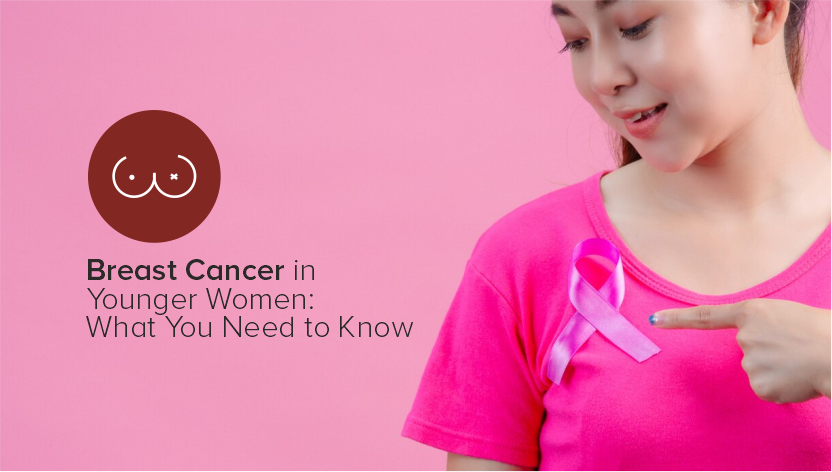Breast cancer is often seen as a disease that affects older women, but it can also impact those who are much younger. Many are unaware that this illness doesn't discriminate by age. For young women, the prospect of facing breast cancer can bring unique challenges and evoke a range of emotions that differ from those of their older counterparts.
